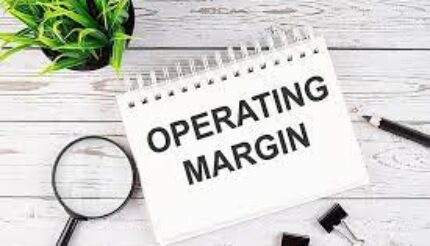Executive Coaching focuses on the key individuals in an organisation, such as the CEO, Directors or Senior Managers. The purpose of the coaching tends to be one or more of three types: Performance improvement, Behaviour change and Leadership improvement.
An Executive Coach brings an external perspective and acts as a “critical friend”, mixing support and challenge with accountability.
1. Executive Coaching for performance improvement
The benefit of performance improvement is the easiest to measure. The improvements are often visible within three months and the Exec receiving coaching will be performing significantly better.
Sometimes ambitious execs who are already performing well, ask us if we can help them to perform even better? This is a good sign because the individual’s own desire to improve is key to coaching success.
2. Executive Coaching for behaviour change
Behaviour change can be more complex and will often take 6-12 months. The first task is helping them see the situation as others do and that change would be beneficial to them.
Sometimes the initial brief is as vague as “I need to get these two people working better together!“. We have to disentangle what “working better together” actually means. It can be a lack of communication, in-fighting, deliberate sabotage, stubbornness, arrogance, time-keeping, respect, assertiveness, and many more.
We have a simple observation to offer:
“You Get What You tolerate!”
Whatever poor behaviour you tolerate, the mere fact that you do tolerate it means you’ll keep on getting it! The business is probably suffering and the simple enjoyment of work can be suffering. By tolerating bad behaviour, it’s simply letting the problem grow.
Performance improvement has a clear return on the investment. When the behaviours of the key players are right, everyone works more productively: Communication is easier, there’s far less stress and it’s easier to attract and retain the best players. Cost savings and cost benefits can certainly be measured and should be identified at the outset of any coaching engagement.
3. Leadership improvement
Consider “What would an excellent leader do?”. The first step in Leadership Coaching is to determine the gap between great leadership and what’s happening at present. In the past, some leaders perceived coaching as a sign of weakness. In the last decade or two, it’s become recognised as a sign of strength. After all, a genuinely good leader will always be open to learning and positive critique.

Engaging with an Executive Coach
When you find someone you feel you trust, and they clearly understand your situation and need, you’ve probably found your coach. And they’ll usually offer some form of guarantee. We’re always happy to do that, because if we’re not sufficiently sure we’ll get your results that we’ll guarantee it – why on earth should you be confident?
While you might have found the coach you want, they might not feel the same way! The number one question I have for anyone I’m going to work with is “Do you have integrity? And what I mean by integrity is that you do what you say you’re going to do, when you say you’re going to do it.“. Living up to this will make anyone a better person, and I hold people accountable to it, and ask my clients to ensure they hold me to account the same way. That’s the only basis upon which I can work. And clients thank me for holding them accountable to their own promises.
How much does Executive Coaching Cost?
Executive Coaching should produce a positive ROI. On this basis, coaching doesn’t cost anything, because the net cost is actually a profit. But you still want to know what it will cost, don’t you.
The investment depends upon several factors including the assignment type and work involved, quality of the coach and the frequency of the coaching. It will also depend upon the size of the business. Small businesses simply don’t get the same value in hard cash as a bigger company for the same percentage improvement.
Executive Coaching engagements usually involve a 30-60 minute session weekly, fortnightly, or sometimes monthly. In rough terms you could expect to pay £400-700 per session, paid monthly at the start of the month. However, as in any industry, there’s always someone who will charge less and the same applies here as elsewhere that you get what you pay for. It’s also not uncommon for Exec coaches to charge £10,000 per month working with a larger business and generating significantly more than that in the measurable difference.
We’re always happy to have a conversation to determine your aims and state the investment level and guarantee, so instead of wondering, please ask.





